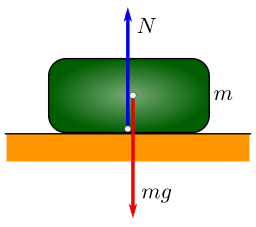Throughout the term, we practiced our writing abilities by authoring a variety of technical documents such as memos, proposals, peer reviews, and reports. All of which, required the use of different writing techniques. In this reflection, I delve into what I perceive to be my weaknesses and strengths with regards to my learning process and my writing strategies.
A recurring comment I receive with regards to my end-of-unit reflections is that they are too brief. In general, our reflection instructions require us to talk about one or two topics regarding the current unit. However, I find that I have difficulties developing these topic beyond two or three paragraphs without further guidance. This might be due to my physics background. In general, besides showing my mathematical work and/or explaining my procedure, I am not required to develop my answers further. This practice translates into my writing, which is not really conducive for effective reflections.
An important strength I have developed in this course is my ability to peer review. In general, I have received good comments regarding my ability to evaluate the work of my peers. Specifically with regards to the tactful way in which I make suggestions to my classmates. I consider peer reviews to be a learning experience. As I have mentioned in previous unit reflections, I learn a lot from my peer’s work. With every document I examine, I find new skills to adopt and, on occasion, some mistakes to avoid. For this reason, I have come to greatly value peer reviews. I always make an effort to give my teammates clear and helpful advice while keeping in mind the effort they have put into their writing.
All in all, my writing style has definitely improved thanks to the teachings in this class. It has helped me realize my strengths as well as areas where I can improve.
